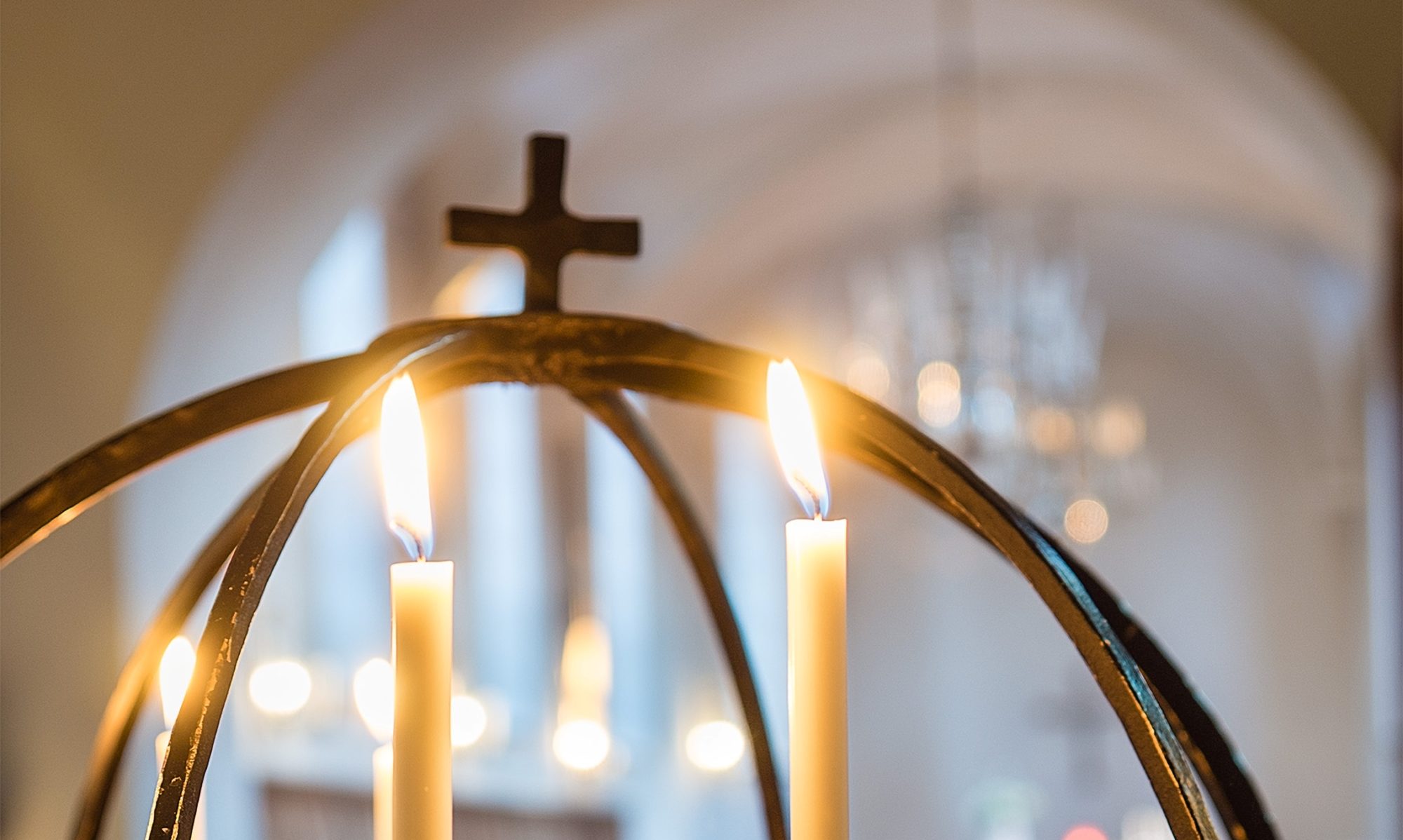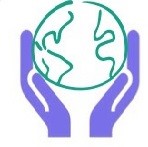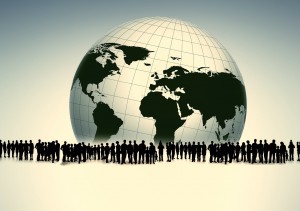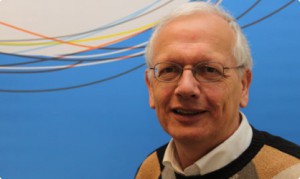 Violence as a means – is that allowed? This is not just a question which can easily be raised to for example Christians, westerners, Muslims, atheists, jihadists only. Most of the time the evil sides of humanity seems to characterise more ‘others’ than ourselves, our friends. Yet the good arguments for this approach are easy to find: the attack on Charlie Hebdo was not done by us but by fanatic followers of what we consider the false Islam. The same applies to Boko Haram, to IS, to fundamentalists, to people who are different from us.
Violence as a means – is that allowed? This is not just a question which can easily be raised to for example Christians, westerners, Muslims, atheists, jihadists only. Most of the time the evil sides of humanity seems to characterise more ‘others’ than ourselves, our friends. Yet the good arguments for this approach are easy to find: the attack on Charlie Hebdo was not done by us but by fanatic followers of what we consider the false Islam. The same applies to Boko Haram, to IS, to fundamentalists, to people who are different from us.
‘Charlie Hebdo’ as the expression of evil thoughts and deeds doesn’t characterise us. And we condemn it forcefully, as I have seen in many statements from many organisations which are on the correct side of the spectrum. And I heard it in many interviews. Let me be clear: it is awful what has happened in Paris, what has happened in the North-East of Nigeria, what is happening in Syria. We have to fight this as clear and dedicated as possible.
And yet – I also have some feelings of unease, of ‘jumping to a conclusion’. The first information about the attacks in Paris were to a high degree factual. After that, in the second wave, theories and assumptions started to arise – especially about the motives of the attackers. Quite some of them were true – generalisations were not. The third line of article’s, of comments dealt more and more with backgrounds. Much has to be said about that, for instance regarding the role of religion, the role of socio-economic situation, of education. And also about the limitations of values. What is the scope of the freedom of expression? Like any value, also this value can compete with other values, like respect for the integrity of a person. How to make judgements in such situations? The philosopher Avashai Margalit defined two concepts in his book ‘The Decent Society”(1996). He defines a ‘decent society’ as ‘one whose institutions do not humiliate people’. In addition to that he defines a ‘civilised society’ as ‘one whose members do not humiliate one another’. These two concepts are real challenges, especially when we want them to be realised. Not just ‘for them’ nor just ‘by them’. Also in the conflict, as was expressed in Paris, we can distinguish a huge group of indirect involved people. Like ourselves. And by determining this, we are at stake too, in our role within this conflict.
Therefore it takes more than a minute. It takes more than a minute for me as a person. It takes more than a minute for us as members of Oikosnet Europe to actively deal with the questions, arising from the first week of January 2015. It is our task, sometimes included in our profession, to support the open exchange of thoughts and underlying values. This can bring us to both a decent and a civilised society. Challenges enough.
Jaap van der Sar
President Oikosnet Europe
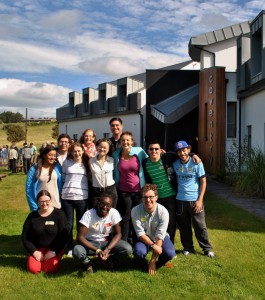 Can you imagine working for a society whose priorities are justice, mutual respect, the participation of all, concern for the vulnerable and the stranger, stewardship of resources, and care for Creation?
Can you imagine working for a society whose priorities are justice, mutual respect, the participation of all, concern for the vulnerable and the stranger, stewardship of resources, and care for Creation?